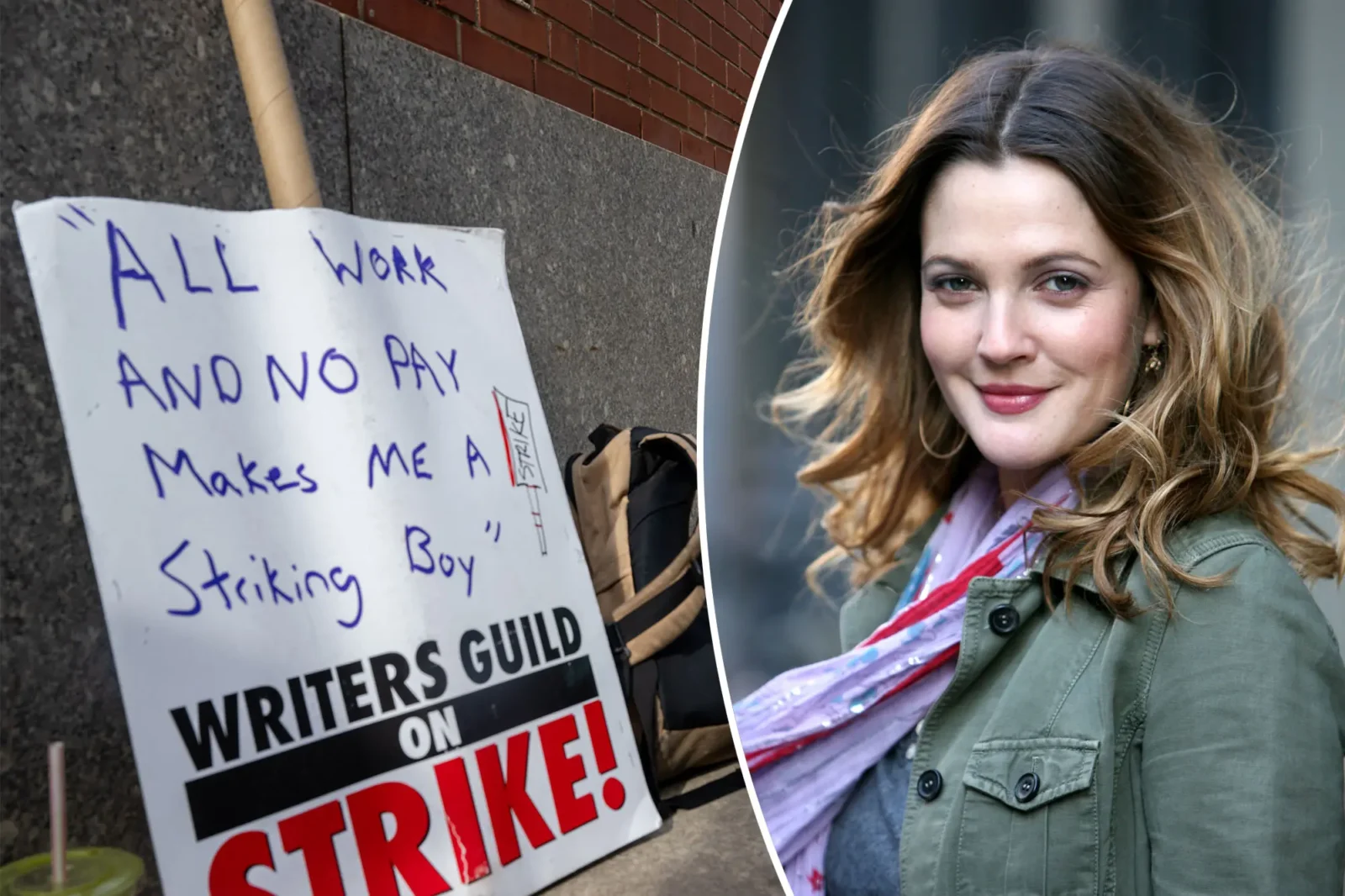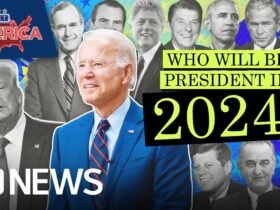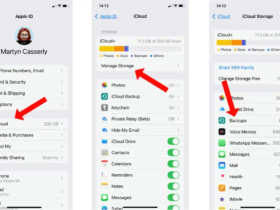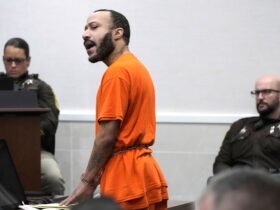In the ever-evolving landscape of television and entertainment, labor disputes and strikes have played pivotal roles in shaping the industry’s dynamics, particularly concerning writers and their quest for fair employment terms. The Drew Barrymore Show, a popular daytime talk show hosted by the eponymous actress and producer, recently found itself at the center of such a labor dispute, leading to a significant writers strike. This article delves into the intricacies of the Drew Barrymore Show writers strike, exploring its causes, developments, and potential ramifications on the show and the broader entertainment industry.
Background and Causes of the Strike
The Drew Barrymore Show, since its inception, has been celebrated for its refreshing and engaging content, combining celebrity interviews, human-interest stories, and lifestyle segments. Despite its success and popularity, the show became embroiled in controversy when its writers voiced concerns over working conditions, pay rates, and the lack of appropriate recognition for their contributions. The crux of the dispute centered around the writers’ demand for fair wages, better working conditions, and formal recognition by joining a writers’ guild, which would afford them the protections and benefits associated with union membership.
The escalation to a strike was marked by prolonged negotiations between the writers and the show’s production company, which unfortunately reached a stalemate. The writers argued that their compensation did not reflect the show’s success or the industry standards, especially considering the substantial workload and the pressure to produce high-quality content consistently. Additionally, the lack of union recognition meant that they were deprived of the protections and benefits that their counterparts in other shows enjoyed, such as healthcare, pension contributions, and residuals.
The Strike’s Impact on The Drew Barrymore Show
The immediate impact of the strike was a disruption in the production of The Drew Barrymore Show. With the writers on strike, the show faced challenges in generating new content, leading to reruns and potentially jeopardizing the show’s ratings and viewer engagement. The absence of fresh episodes could alienate the show’s audience, eroding its market share and advertising revenue, crucial for its survival and growth.
Moreover, the strike put the spotlight on Drew Barrymore herself, who, as the show’s host and one of its executive producers, was caught in the crossfire between supporting her staff and navigating the complexities of the entertainment industry’s business aspects. Barrymore’s response to the strike and her stance on the issues raised by her writers would inevitably influence her public image and the show’s relationship with its audience and the wider industry.
Broader Implications for the Entertainment Industry
The Drew Barrymore Show writers strike is not an isolated incident but part of a larger narrative of labor disputes within the entertainment industry. It highlights the ongoing challenges faced by writers in securing fair employment terms in an industry increasingly characterized by precarious working conditions and the gig economy. This strike adds to the growing calls for better labor practices, unionization, and equitable treatment of workers across the entertainment sector.
Furthermore, the strike underscores the importance of recognizing the integral role writers play in the success of television shows and the entertainment industry at large. Writers are the architects of the narratives that captivate audiences, and their work is foundational to the creative process. As such, disputes like the one involving The Drew Barrymore Show serve as a critical reminder of the need for sustainable and fair labor practices that acknowledge and compensate writers appropriately for their contributions.
Looking Ahead: Resolution and Reconciliation
The resolution of the Drew Barrymore Show writers strike will require negotiation, compromise, and a commitment to addressing the underlying issues that led to the dispute. It will also necessitate a broader industry-wide reflection on the treatment of writers and the importance of ensuring fair labor practices. For the show, finding a resolution that satisfies both parties is crucial for its future success and its ability to continue producing engaging and compelling content.
In the aftermath of the strike, reconciliation and rebuilding trust between the writers and the production team will be essential. The show has an opportunity to emerge from this dispute as a leader in advocating for writers’ rights and setting new standards for labor practices in the entertainment industry. By addressing the concerns raised by the strike and implementing fair employment terms, The Drew Barrymore Show can not only resolve the immediate conflict but also contribute to positive change within the industry.
Conclusion
The Drew Barrymore Show writers strike is a significant event that shines a light on the ongoing challenges and dynamics within the entertainment industry, particularly concerning labor rights and writers’ roles. As the industry continues to evolve, the resolution of such disputes and the adoption of fair labor practices will be crucial in ensuring the sustainability and vitality of creative content production. The strike’s outcome may well set a precedent for how similar disputes are handled in the future, potentially leading to a more equitable and just industry for all involved.



















